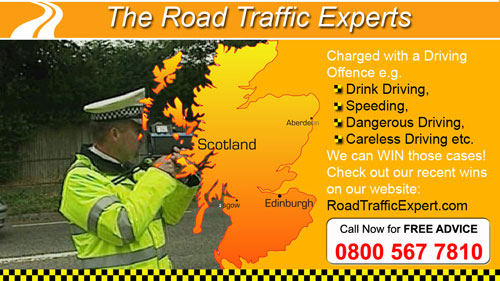FAILURE TO PROVIDE A SPECIMEN | 95% Win Success Rate.
Charged with Failure to Provide a Specimen?
BREATH/ BLOOD/ URINE
 If a person refuses to provide a specimen of breath when lawfully required to do so at a police station or at a roadside then they commit an offence.
If a person refuses to provide a specimen of breath when lawfully required to do so at a police station or at a roadside then they commit an offence.
The same rules apply to failing to provide a sample of blood or urine when legally obliged to do so.
Nevertheless, a driver may be able to avoid conviction if they are able to show that they had a ‘reasonable excuse’ for failing to provide a sample.
A person may have a ‘reasonable excuse’ if there exist medical reasons for their failure to provide a specimen for example, if asthma or breathing difficulties prevent them from blowing into a machine. Alternatively, a person may argue that a fear of needles prevented them from being able to provide a sample of blood. Expert evidence from a doctor or other suitably qualified medical professional will almost always have to be led in support of such a defence.
A person can be found guilty of failing to provide a sample even if they were not driving. All that the prosecution requires to prove in court to establish the validity of a request by a constable to provide a sample is that the constable had reasonable grounds for suspecting that a person had driven whilst under the influence of drink.
However, the fact that a person did not drive may amount to ‘special reasons’ for not disqualifying
The penalty for failing to comply with a roadside breath test is the imposition of a fine of up to £1000, four penalty points and discretionary disqualification. However the penalties for failing to provide a sample at a police station are much more serious.
A person convicted of failing to provide at a police station faces mandatory disqualification for a minimum of twelve months together with the potential of a fine, community service or a period of imprisonment of up to six months. Where a person has been convicted of an alcohol related driving offence within the last ten years the minimum period of disqualification rises to at least three years.
Nevertheless it should be borne in mind that the legal rules applicable to police procedures in relation to these offences are procedurally complex and that if police officers have failed to proceed properly in dealing with offenders facing charges such as these then acquittal will follow.
In all circumstances the advice of an expert road traffic lawyer should be sought at the earliest possible stage.
Click on the links below to view some of our cases:
- Failure to Provide and Dangerous Driving charges- All Charges Dropped!
- Failure to provide Breath specimen 3 times. We get a Not Guilty!
- Drink Driving & Failure to Provide a Breath & a Blood Specimen. We get Not Guilty for 2 charges! & negotiate just 4pts & fine for 3rd charge!
- Client facing a Ban and large fine. We get a Not Guilty!!
- Failure to provide Breath test after an accident.
Also facing a long driving ban and losing her job. We find a technicality and client is found Not Guilty!
- Client facing 12 month ban. We make a legal submission based on the circumstances and client is found not guilty!
- Despite facing a substantial ban with multiple charges We get crown to reduce charges and client just gets points!
- We rigorously cross examine police. Crown asks for adjournment. We oppose and get the case dropped!
- Outcome: Not Guilty to two charges and a plea of guilty to failing to provide a specimen ( when in charge of a vehicle) and disqualification avoided with 10 points imposed and a £250 fine.
- Client failed road side breath test. At station fails another breath test, refuses to give final test. Client facing mandatory driving ban. We mount a medical reasons defence. Client found Not Guilty and driving licene is saved!
- Client facing serious charges and minimum 12 month ban. Richard Freeman finds flaws in the procedure used and utilizes these technicalities to beat both charges.
We Cover All of Scotland

All of Scotland Covered:
Including: Glasgow Edinburgh Aberdeen Dundee Paisley Renfrewshire East Kilbride Perth Livingston Cumbernauld Hamilton
Kirkcaldy Dunfermline Ayr Kinross Kilmarnock Inverness Greenock Inverclyde Port Glasgow
Coatbridge North Lanarkshire Glenrothes fife Airdrie Falkirk Stirling Rutherglen Dumfries Galloway Motherwell Wishaw Clydebank West Dunbartonshire Bearsden East Dunbartonshire Cambuslang Newton Mearns East Renfrewshire Bishopbriggs Musselburgh East Lothian Arbroath Angus Polmont Elgin Renfrew Renfrewshire Alloa Bellshill Clackmannanshire Blantyre Dumbarton West Dunbartonshire Kirkintilloch Clarkston
East Renfrewshire Bathgate West Lothian Stenhousemuir Falkirk Peterhead Aberdeenshire Barrhead
Grangemouth Falkirk St Andrews Fife Kilwinning Ayrshire Giffnock viewpark Buckhaven Penicuik Midlothian Stranraer Johnstone Erskine Larkhall Moray


